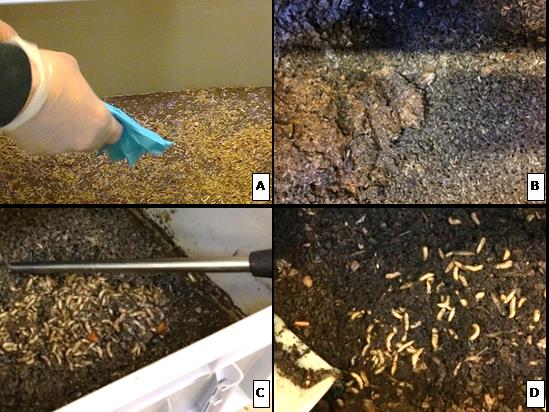
A study “Model selection for waste conversion efficiency and energy demands in a pilot for large-scale larvae treatment” was presented at the 60th International Conference of Scandinavian Simulation Society, SIMS 2019, in Västerås, Sweden.
The study evaluated some technical aspects associated with larvae growth, ventilation and drying demands in a pilot sized black soldier fly treatment system treating segregated household food waste and discussed models to describe the treatment process and its energy efficiency.

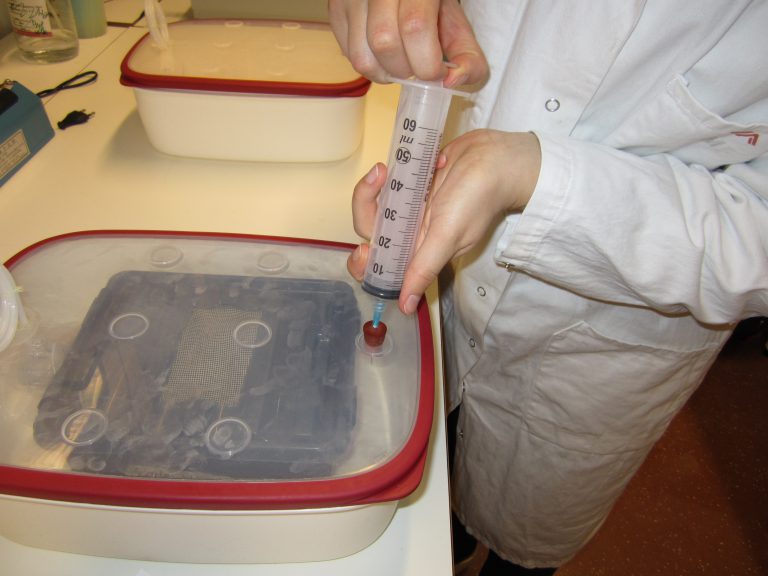
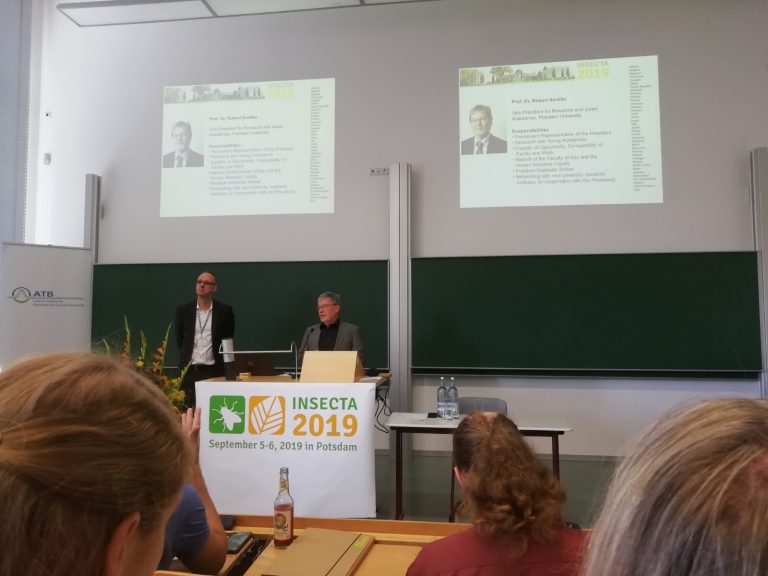
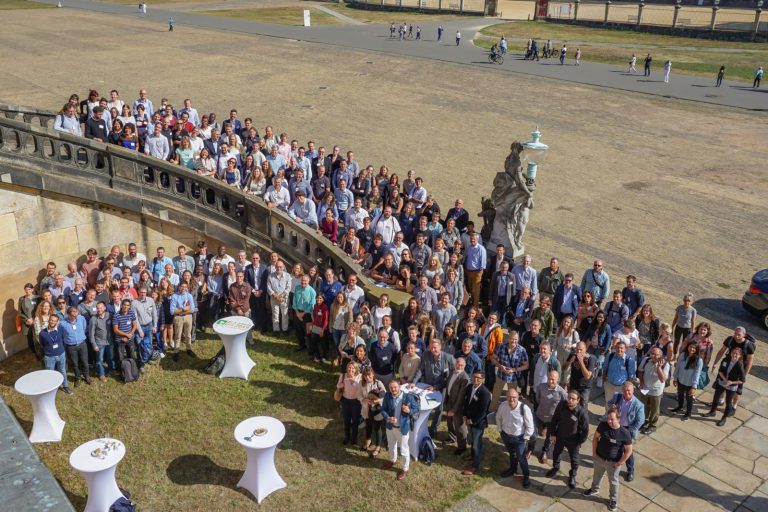
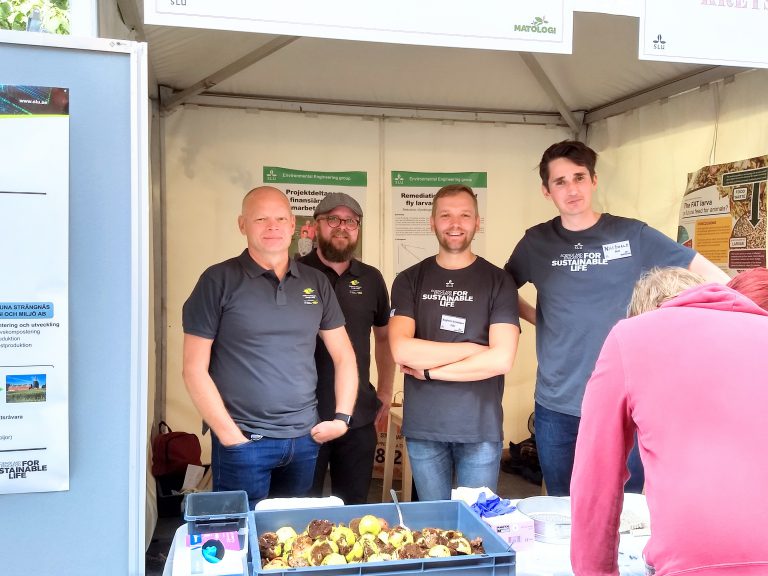
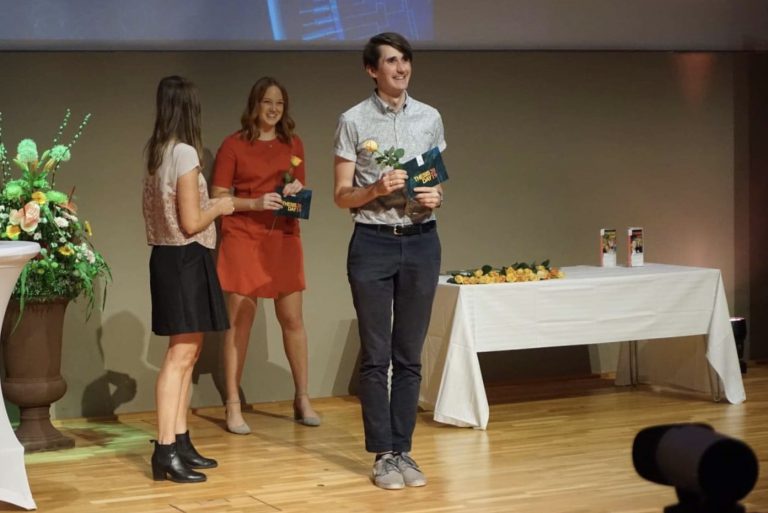
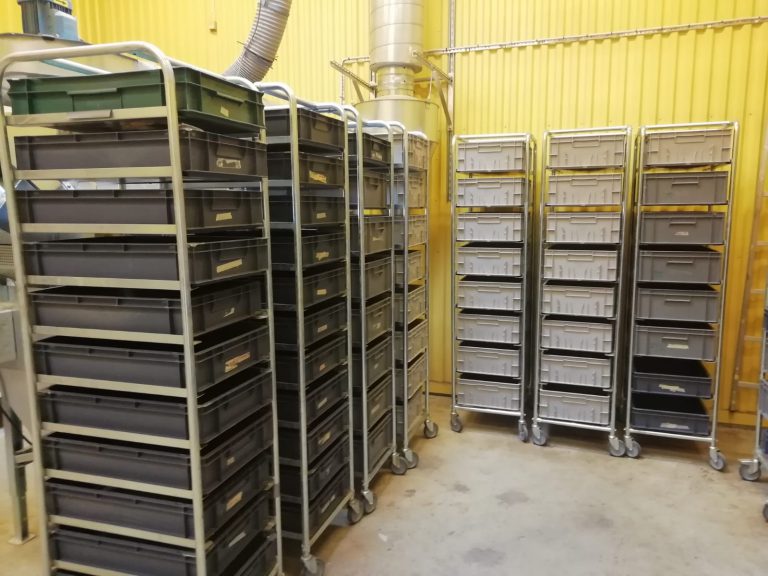
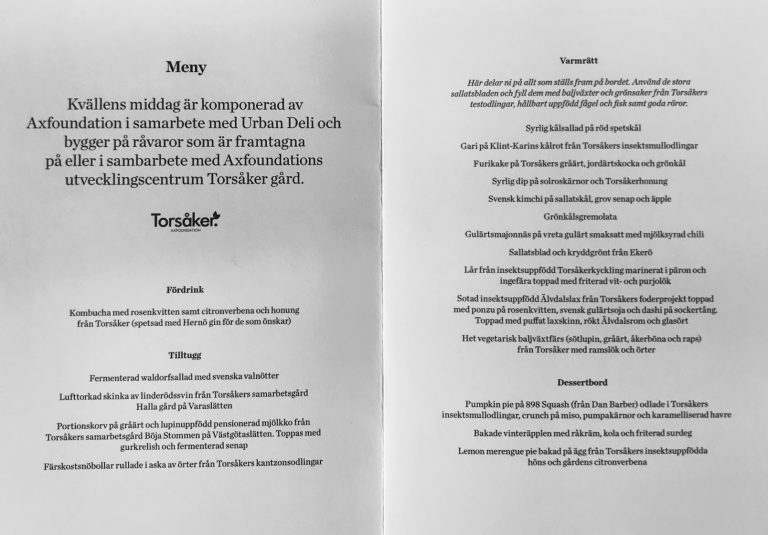
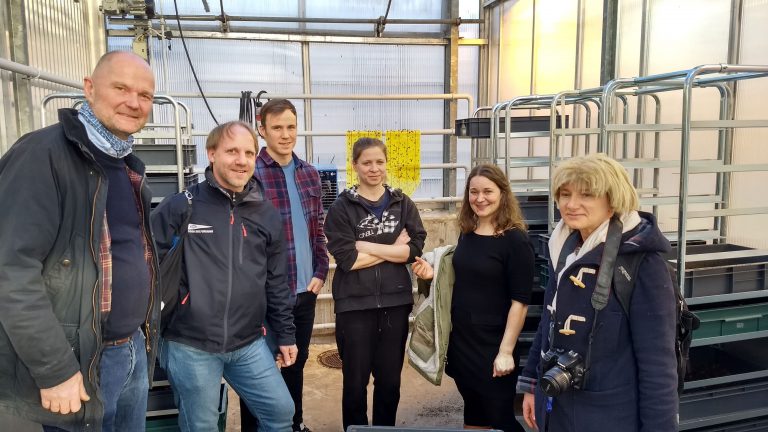
 Photo: Viktoria Wiklicky
Photo: Viktoria Wiklicky